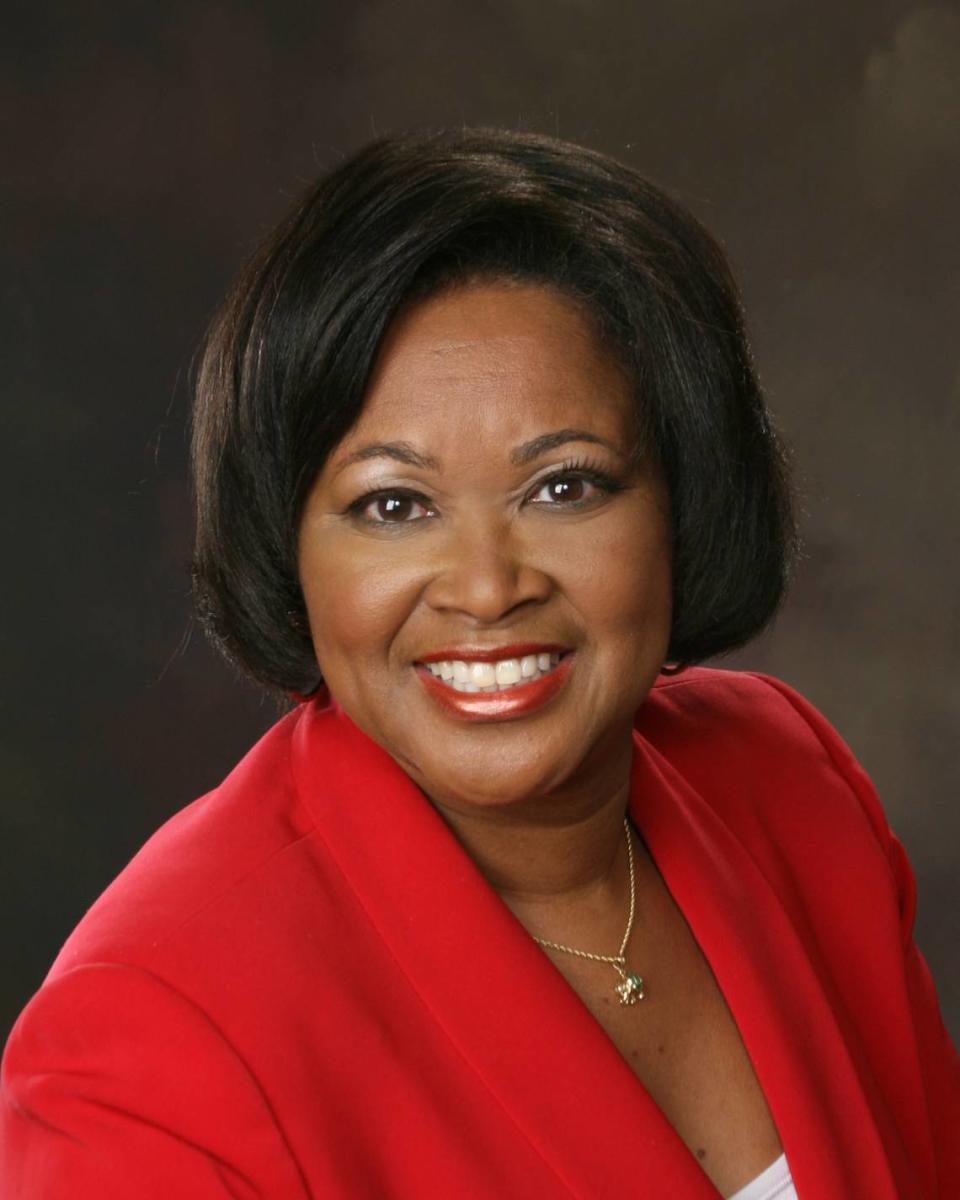SC is becoming a tech leader. Black communities must be part of that. | Opinion
Unequal access to technology and the revenue it generates is one of the most pressing issues our country faces.
The digital economy has created millions of good paying opportunities, but Black communities have largely been marginalized from this wealth generation. This is true from Silicon Valley, the tech capital of the world, to South Carolina.
Nationally, Black Americans make up just over 7% of the tech workforce and Black founders received only 1% of funding known as venture capital funding provided by investors to start-ups and small businesses in 2022.


The exclusion of Black Americans in tech needs to change before 2025, when these jobs are expected to grow to 25 million with a median salary over $80,000 and trillions in revenue. These are jobs that can unleash untapped talent and create opportunities for people where they live.
South Carolina is on track to gain many of the 25 million digital jobs and become a leading tech and innovation hub. Already, the state ranks 27th nationally for tech and innovation. But additional action is needed to address racial inequity as well.
Uplifting Black workers and entrepreneurs starts by ensuring that predominantly Black areas, like Chester, Fairfield and Richland, S.C., have reliable access to the internet. A study by the Joint Center for Political and Economic Studies found that Black residents in the rural South are almost twice as likely as their white counterparts to not have home internet access. The first priority for funding needs to be expanding internet and technology access specifically for K-12 students in these areas lacking coverage. We know that giving kids a basic shot at digital proficiency gives them a chance at the American dream.
Improved high-speed broadband will help more students go to and succeed at HBCUs, 82% of which are in areas deemed “broadband deserts,” by making it easier for tech companies to partner with schools. We need more public private partnerships to train students and guarantee them good tech jobs after graduating. These programs work – just look at the Zoom-Claflin partnership where Zoom committed $1.2 million dollars over five years to connect Black students at Claflin University to tech jobs. Or, the partnership between Google and Benedict College to empower students from all backgrounds to become top tier software engineers.
New and creative federal policies can help scale up these programs and develop our digital capabilities while promoting equity and inclusion. One example is the Tech Hubs program within the CHIPS and Science Act, which President Biden signed into law last year. The law provides billions of dollars in funding to create 31 regional tech hubs across the country and ensure that the United States remains a global leader in science and technology.
The funding is administered by the U.S. Department of Commerce and is an opportunity to center equity and inclusion in the decision-making process. When determining the placement of these tech hubs, U.S. Secretary of Commerce Gina Raimondo should take a page from Atlanta’s first Black mayor, Maynard Jackson. When he was in office, he required that 25% of all city contracts went to minority firms. This included many of the city’s biggest projects from the expansion of Atlanta’s international airport to hosting the Olympics.
Ensuring that Black residents in South Carolina and across the country can participate in the digital revolution is a key pillar of building a multiracial democracy. It will help ensure that every person has the prospect of a dignified life, a thriving community and the potential to build wealth where they live.
Of course, economic empowerment and prosperity is not a silver bullet for becoming a multiracial democracy. But it could be a starting point.
Congressman Ro Khanna represents California’s 17th Congressional District in the heart of Silicon Valley. Annie E. McDaniel represents C hester, Fairfield and Richland counties in the S.C. legislature.

